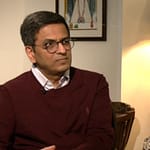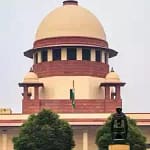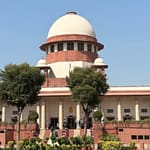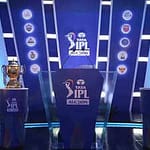NEW DELHI: In defence of more than 22,000 trial court judges saddled with a monstrous pendency of over 4.5 crore cases, Supreme Court said the SC and high courts, in exercise of their appellate jurisdiction, cannot resort to personal criticism of judicial officers’ conduct while correcting errors in their judgments.
Expunging Delhi HC’s critical personal remarks against additional sessions and district judge Sonu Agnihotri, a bench of Justices A S Oka, Ahsanuddin Amanullah and A G Masih said, “The HC could not have used a judgment on the judicial side to advise individual judicial officers. That can only be done on the administrative side in an appropriate case.”
Till 2024, ‘judge to population’ ratio yet to reach 25/m: SC
Referring to spiralling litigation, the bench said in 2002, SC in All India Judges Association case had issued a direction that “within five years, an endeavour should be made to increase the judge-topopulation ratio in our trial judiciary to 50 per million”. “However, till 2024, we have not even reached the ratio of 25 per million. Meanwhile, population and litigation have substantially increased. The judges have to work under stress,” it said. SC said even the best judges, whether in a trial court, HC or in SC, are likely to commit errors due to work pressure or otherwise, even though most of their judgments would be sound in both fact and law.
HCs can always correct errors, but in that process if strictures are passed personally against a judicial officer, it both prejudices him and causes embarrassment, the Justice Oka-led bench said. “We must remember that when we sit in constitutional courts, even we are prone to making mistakes. Therefore, personal criticism of judges or recording findings on the conduct of judges in judgments must be avoided,” the bench said. “There is a difference between criticising erroneous orders and criticising a judicial officer. The first part is permissible. The second category of criticism should best be avoided,” it said.
HC had criticised the additional sessions judge (ASJ) for taking Delhi Police to task for its lethargic approach in updating investigation status despite repeated orders. SC ordered that all critical personal comments against ASJ in the HC judgment be expunged.
Criticise erroneous judgments, not stressed judges: Supreme Court
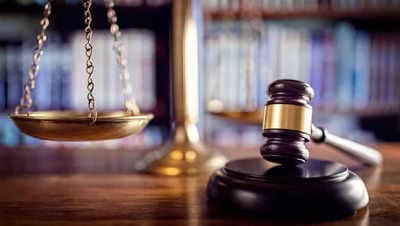
File photo
